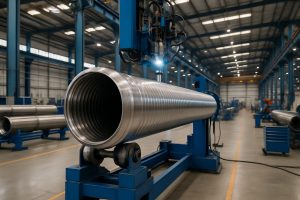Significant Drop in Price Index: Recent data from the National Statistics Institute show a notable decrease in the annual inflation...
Spanish Economy
The Spanish Economy refers to the economic system and activities of Spain, a country located in southwestern Europe. It encompasses various sectors, including agriculture, manufacturing, services, and tourism. Historically, Spain has undergone significant economic changes, transitioning from an agrarian economy to a more industrialized and service-oriented economy, particularly after joining the European Union in 1986.
Key characteristics of the Spanish economy include a strong tourism sector, which significantly contributes to GDP; a diverse agricultural base known for producing products like olives, wine, and fruits; and a growing industrial sector that includes automotive, machinery, and textiles.
Spain faced economic challenges, particularly during the global financial crisis of 2008, leading to high unemployment rates and public debt issues. However, in recent years, the economy has shown signs of recovery, characterized by growth in GDP and improvements in employment rates.
The economy is also influenced by regional disparities, with more prosperous areas such as Catalonia and Madrid in contrast to less developed regions. Overall, the Spanish Economy is a complex interplay of various factors, including domestic policies, international trade relations, and global economic conditions.









